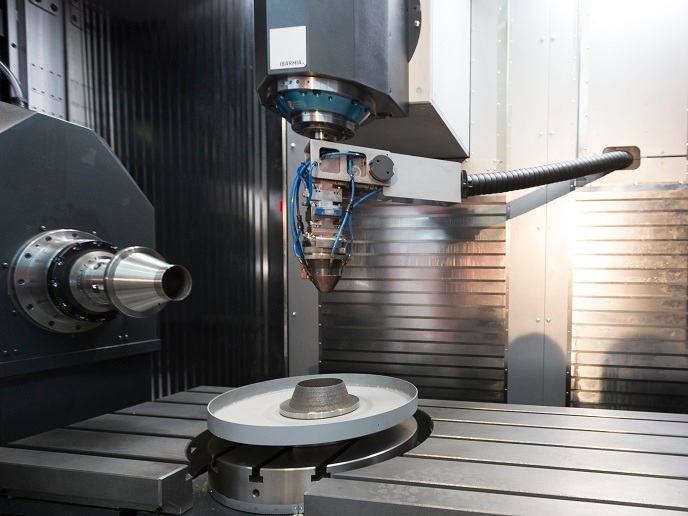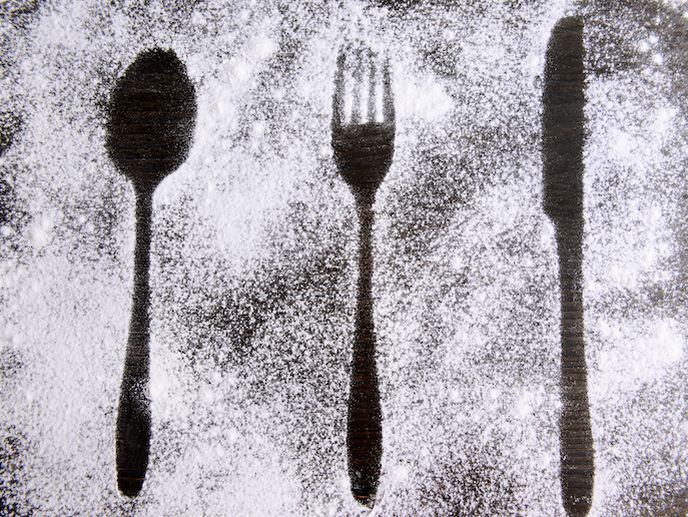Rethinking machining processes
Grinding is an essential part for finishing industrial parts and is used to manufacture many everyday products ranging from ball bearings to jet engines to microelectronics. However, current techniques use a lot of energy, most of which is converted into heat. The solution is to apply large amounts of coolant in the contact zone, which again uses significant amounts of energy and adds further inefficiency. The disposal of used coolant fluid is a major expense for producers — in total, grinding typically accounts for around 15 % of the cost of making an individual product. Efficient systems for other machine processes, such as drilling, turning or milling, use a fine mist of coolant liquid directly in the contact area between tool and part. However, adapting these techniques to grinding has been difficult as there is not a defined cutting edge. The EU-funded CAMEL-MCG(opens in new window) project addressed this problem. The international research team, drawn from leading research institutes and industrial partners, found a solution using two nozzles. The first launches a fine spray of oil that covers the grinding wheel pores, while the second releases a gas that freezes this lubricant to the contact area surfaces and ensures adhesion throughout the process, thus avoiding heat damage and protecting the product. Based on a life-cycle analysis, the new system should reduce waste and energy consumption during grinding by 40 % while reducing the cost of production per part by 20 % in terms of energy, coolant use and waste disposal. CAMEL-MCG results have the potential to make a significant economic impact in EU manufacturing by making this omnipresent industrial process more efficient.







